‘Universality of people’s war’ debate heats up on eve of Maoist China’s 70th founding day
Opinion by PRISM editors
The debate is heating up on whether Mao Zedong’s theory of protracted people’s war has worldwide applicability today. The timing, while probably unintended, aptly coincides with the forthcoming 70th anniversary on October 1 of the People’s Republic of China. Mao’s theory developed and proved a success in China’s civil and national wars through the late 1920s, 1930s and 1940s until the Communist-led forces won nationwide victory in 1949.
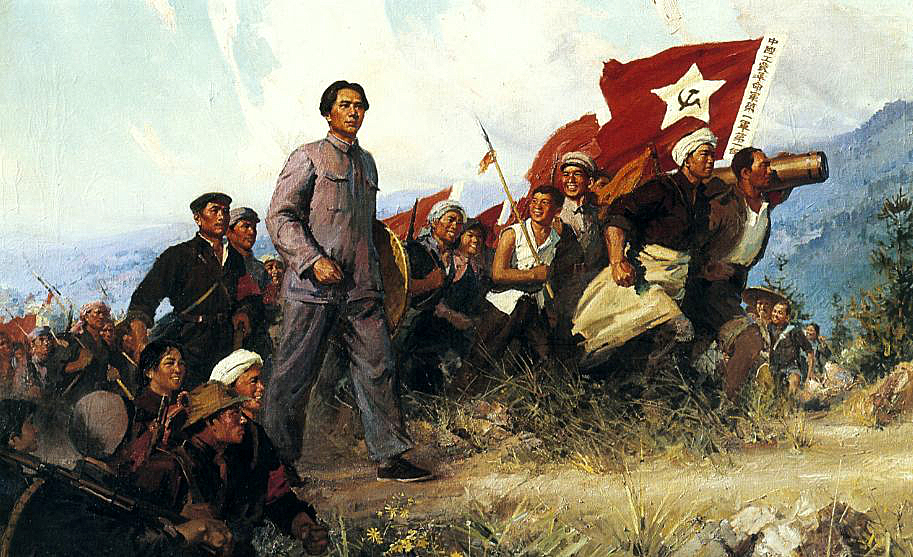
The current debate involves one side proclaiming that the principles of protracted people’s war, developed and most comprehensively articulated by Mao based on the rich practice of China’s revolutionary wars (1927-1949), are applicable throughout the world including the most advanced capitalist ones.
This camp, which usually describes itself as “Marxist-Leninist-Maoist, principally Maoist”, also claims that it was Chairman Gonzalo (Abimael Guzman) of the Partido Comunista de Peru – Sendero Luminoso who first “synthesized Maoism” in 1982 and “raised it to a new level”. It is supposedly this “synthetic Maoism” (equated to Gonzalo Thought) that enshrined “protracted people’s war” to the level of “universality.”
On the other side, Marxist-Leninists, many of them also Maoists, question such claims to “universality.” They also contest other claims of the “principally Maoist” camp, such as the supposedly absolute role of “militarized Communist Parties”.
In recent years, “principally Maoist” groups have publicized a renewed initiative to work towards a “United Maoist International Conference” (UMIC). In May 2019, several such groups pledged to organize a preparatory meeting for UMIC this same year. These groups are also pushing for a “two-line struggle” in order to unite “global Maoism” on the “universal validity of Gonzalo Thought and of People’s War.”
On 5 June 2019, the debate heated up when an article by Jose Maria Sison, “On the Question of People’s War in Industrial Capitalist Countries” was posted on the Democracy and Class Struggle website (https://democracyandclasstruggle.blogspot.com/2019/06/on-question-of-peoples-war-in.html). It was immediately criticized the next day by a writer going by the name Ard Kinera.
Joma Sison, who is founding chairman of the Communist Party of the Philippines and is clearly no neophyte on the Maoist theory and practice of people’s war, posted a sharp “Follow-up Note” ( https://democracyandclasstruggle.blogspot.com/2019/06/follow-up-note-on-question-of.html). Kinera continued the anti-Sison tirade with another post on June 26, containing more of the same notions based on Gonzalo’s “synthesized Maoism”. Sison’s articles and Kinera’s responses are posted on the DCS website (https://democracyandclasstruggle.blogspot.com/).
The debate also began to get the attention of other Maoists, as reflected in recent posts critical of Kinera’s line on the “Red Lamp” (https://redlamp.net/a-rejoinder-you-want-to-hear-from-a-left-opportunist-putchist-posing-as-a-maoist-kinera-exposed-himself-as-one/) and “Otto’s War Room” (https://ottoswarroom.blogspot.com/2018/12/protracted-peoples-war-is-not-universal.html) websites.
PRISM itself began to engage in the debate when our website recently posted “On the So-called Universality of Protracted People’s War” (https://www.prismm.net/2019/09/02/universality-ppw/) by Andy Belisario, which replied to Kinera point-by-point while supporting Sison’s arguments.
PRISM’s editors have decided to help bring into sharper focus the issues in the ongoing debate by starting to compile materials that we see as relevant to the most important issues while at the same time remaining faithful and consistent to what Mao’s theory of protracted people’s war actually propounded in his own historical place and time. We will soon start posting the said materials.
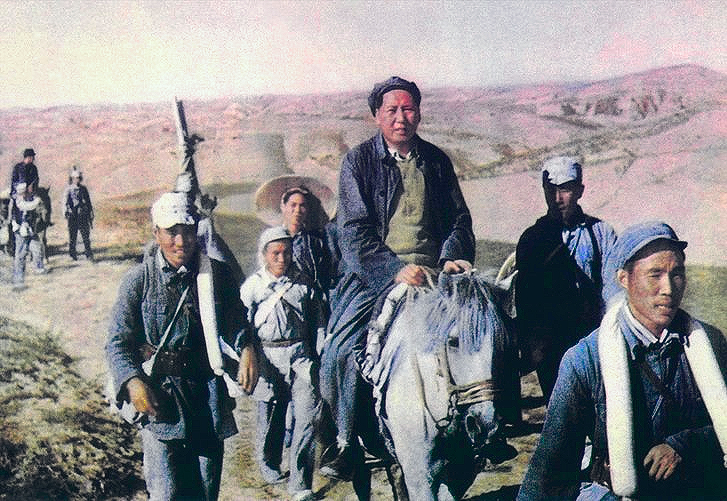
We hope that disseminating these materials among a wider range of anti-imperialist, socialist, and other progressive activists will contribute to a deeper understanding and appreciation of Mao’s theory of protracted people’s war. Its real historical impact and validity among countries and peoples fighting for national liberation and people’s democracy on the long road to socialism takes additional relevance as we commemorate the 70th anniversary of that earth-shaking victory of a great people’s war. #
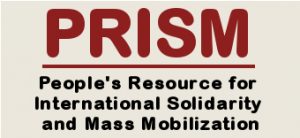
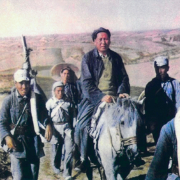
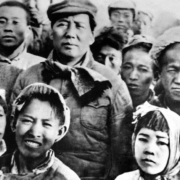
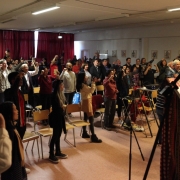 NDFP
NDFP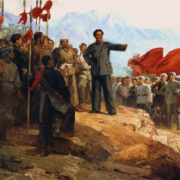
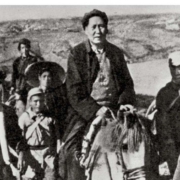
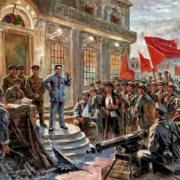


Leave a Reply
Want to join the discussion?Feel free to contribute!